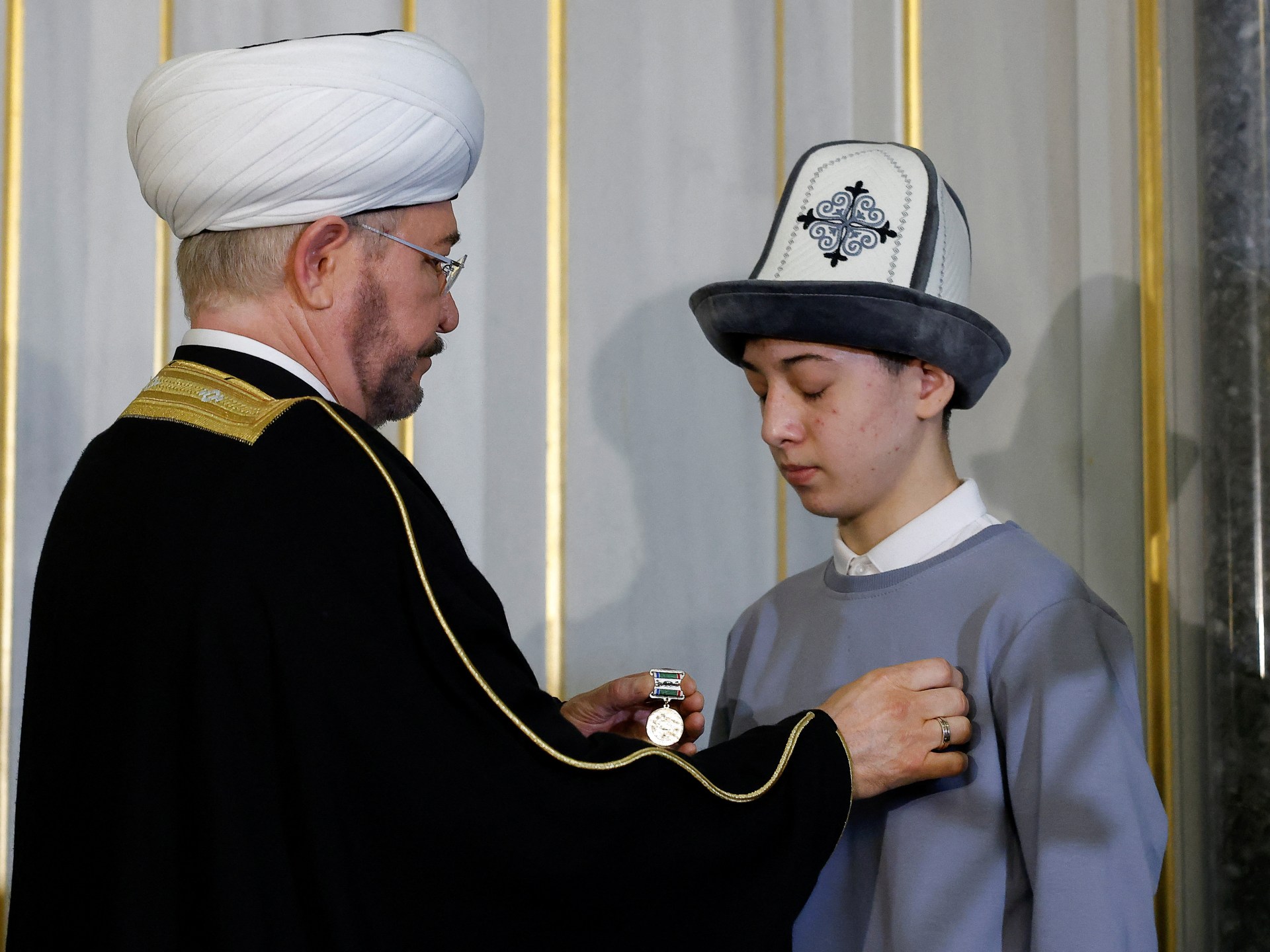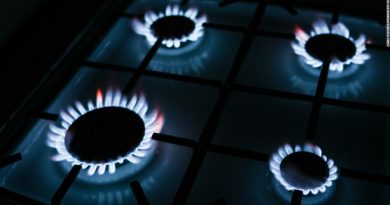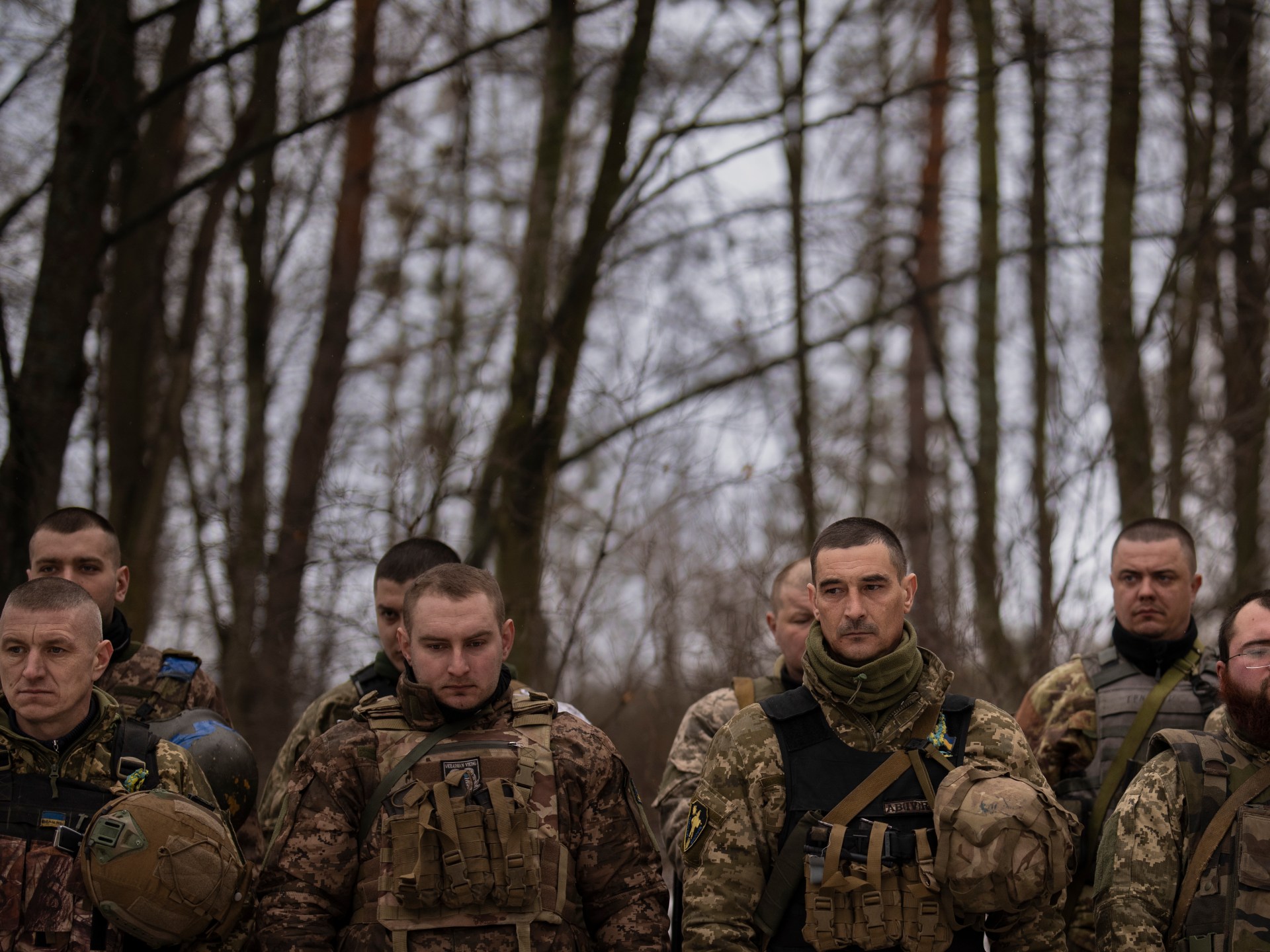Peru imposes nightly curfew in restive region after protests
UN and Amnesty International call for investigation after at least 17 killed in anti-government unrest in southern Peru.
Peru’s government has imposed a nighttime curfew to help quell unrest in the southern region of Puno after at least 17 people were killed in clashes between anti-government protesters and security forces.
The curfew, announced on Tuesday by Prime Minister Alberto Otarola, will last three days and run from 8:00pm to 4:00am local time (01:00-09:00 GMT).
It comes amid renewed protests in Puno against the government of President Dina Boluarte, who was appointed by Congress in early December following the removal and arrest of her predecessor Pedro Castillo.
The demonstrators have been calling for Boluarte’s resignation as well as early elections and the release of Castillo, who is serving 18 months in pre-trial detention on charges of “conspiracy” and “rebellion”, which he denies.
Legislators voted to remove the former president from office on December 7, shortly after he announced plans to “temporarily” dissolve Congress and rule by decree in what he said was an effort to “re-establish the rule of law and democracy”.
His critics, including Boluarte, who was serving as Castillo’s vice president at that time, rejected the move as an attempted coup.
A left-wing, former rural teacher, Castillo faced multiple corruption allegations and political showdowns with Peru’s opposition-dominated Congress during his short tenure as president.
Many of the protests since his removal have taken place in his rural strongholds, where residents say they have been neglected for years.
On Tuesday, Amnesty International urged Peruvian authorities to end what it called “unnecessary and disproportionate use of force” against civilians after the deaths in the country’s south.
“The escalation of violence taking place in Peru is unacceptable. State repression against demonstrators and the loss of human lives is exacerbating the crisis,” Marina Navarro, executive director of Amnesty International Peru, said in a statement.
“We reiterate our call to the authorities for complete respect for human rights. Security forces must comply with international standards on the use of force. The people should not have to pay the price of the political crisis the country is going through.”
While the exact circumstances that led to the deaths remain unclear, Peru’s authorities have said most of the bloodshed took place when protesters tried to storm the airport in the city of Juliaca, which was being guarded by security forces.
Fourteen people were killed there, many having suffered gunshot wounds, according to an official at a Juliaca hospital, as reported by the AFP news agency.
A police officer also died after his vehicle was set ablaze early on Tuesday morning by “unknown persons” in Juliaca, the interior ministry said. Jorge Angulo, a senior ministry official, told local media that officials were seeking more information into the attack.
“At this moment, an autopsy is being performed to fully identify the form and circumstances in which he was injured, practically burned to death,” Angulo told local broadcaster Canal N.
Meanwhile, a United Nations Human Rights Office spokesperson, Marta Hurtado, called on Peru’s authorities “to carry out prompt, impartial and effective investigations into the deaths and injuries, holding those responsible to account and ensuring victims receive access to justice and redress”.
Boluarte’s administration declared a nationwide state of emergency last month, suspending freedom of movement and assembly in a bid to quash the unrest.
The Peruvian government has said that it respects the right to protest, but that it has an obligation to protect the public from violent demonstrators.
Last week, Boluarte blamed the protests for “delays, pain, economic losses” and urged “peace, calm, unity to promote development of the homeland”.



